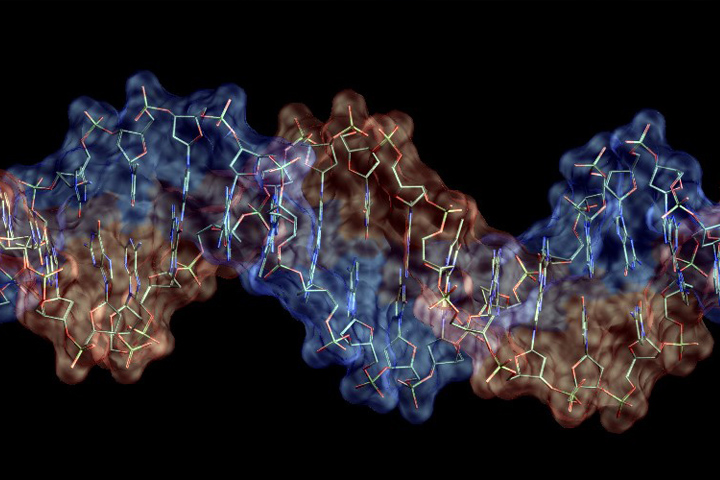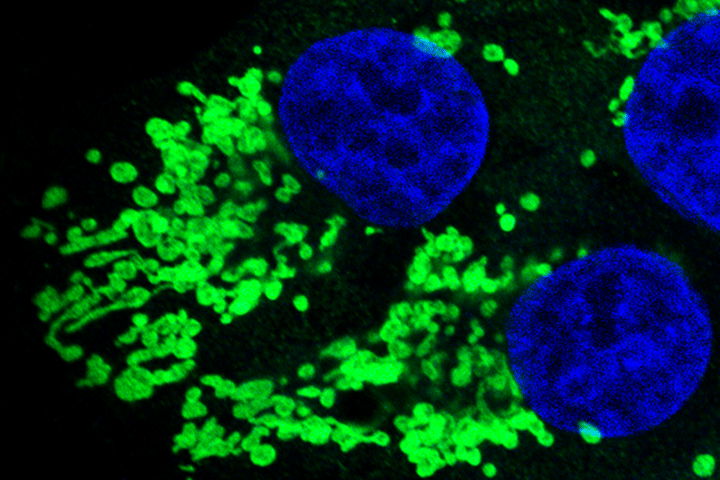Testing the Safety of an Immunotherapy Combination After Surgery

Can the combination of two types of immunotherapy—a vaccine and a monoclonal antibody—plus standard chemotherapy after surgical removal of pancreatic cancer prove safe for patients?
For patients with pancreatic tumors that are removable, researchers are testing the toxicity of adding a monoclonal antibody and a personalized cancer vaccine to the standard post-surgical chemotherapy regimen.
Immunotherapy and Chemotherapy
The monoclonal antibody atezolizumab is one of a class called “checkpoint” drugs. These drugs help restore the immune functions of cells, so the body recognizes the cancer cells as foreign and kills them. By adding this drug to standard treatment, researchers are looking to see if it stimulates more of an immune response to attack the cancer. Atezolizumab is approved for use in certain types of lung, breast, and bladder cancers.
Cancer vaccines are used to boost a patient’s immune system. The vaccine in this trial is a personalized cancer vaccine, which is based on characteristics from each patient’s tumor. This vaccine is made from a sample of the patient’s tumor, which has been removed through surgery.
FOLFIRINOX is one of the standard chemotherapy treatments for pancreatic cancer. It is a four-drug combination: FOL (leucovorin calcium, or folinic acid), F (fluorouracil, or 5-FU), IRIN (irinotecan hydrochloride), OX (oxaliplatin). Each of these drugs enhances the action of the others. Fluorouracil (5-FU) is an antimetabolite that disrupts a specific part of the cell replication cycle. Derived from folic acid, leucovorin enhances the effects of 5-FU. Irinotecan inhibits the replication and transcription of DNA, and so interferes with cell growth. Oxaliplatin, a platinum compound, disrupts DNA and kills cancer cells. Modified FOLFIRINOX varies the dose or form of the different drugs that make up the combination.
Qualifying and Participating
Patients in this trial must have pancreatic cancer that can be removed surgically, and must not have chemotherapy, immunotherapy, or radiation treatment before the surgery. The treatments are given at separate times once participants have recovered from surgery. The atezolizumab is given first, followed in about three weeks by the personalized cancer vaccine. About five months after surgery, patients will get the modified FOLFIRINOX.
We encourage you to consult your physicians for clinical trials that may be right for you. The website ClinicalTrials.gov provides more details about this trial as well as many others. You can visit the Let’s Win Trial Finder for a listing of all active pancreatic cancer clinical trials.
This trial is active but no longer recruiting.






